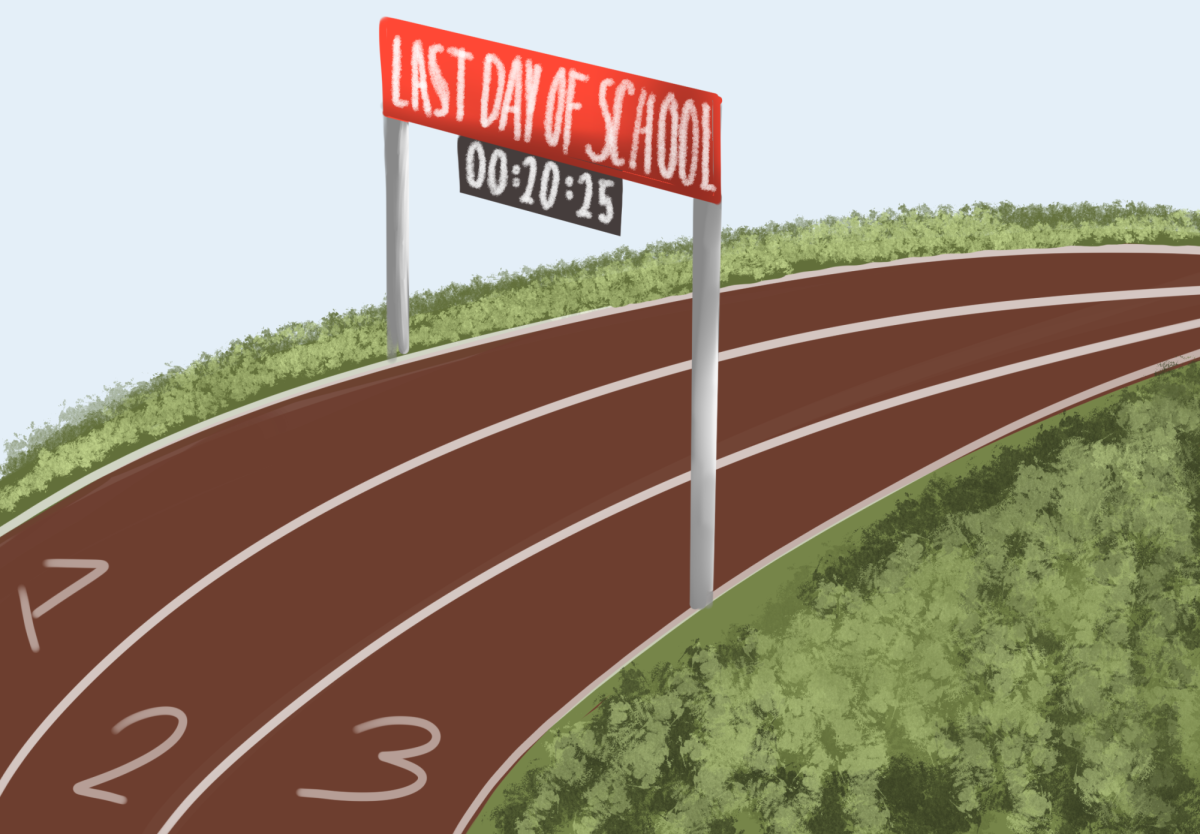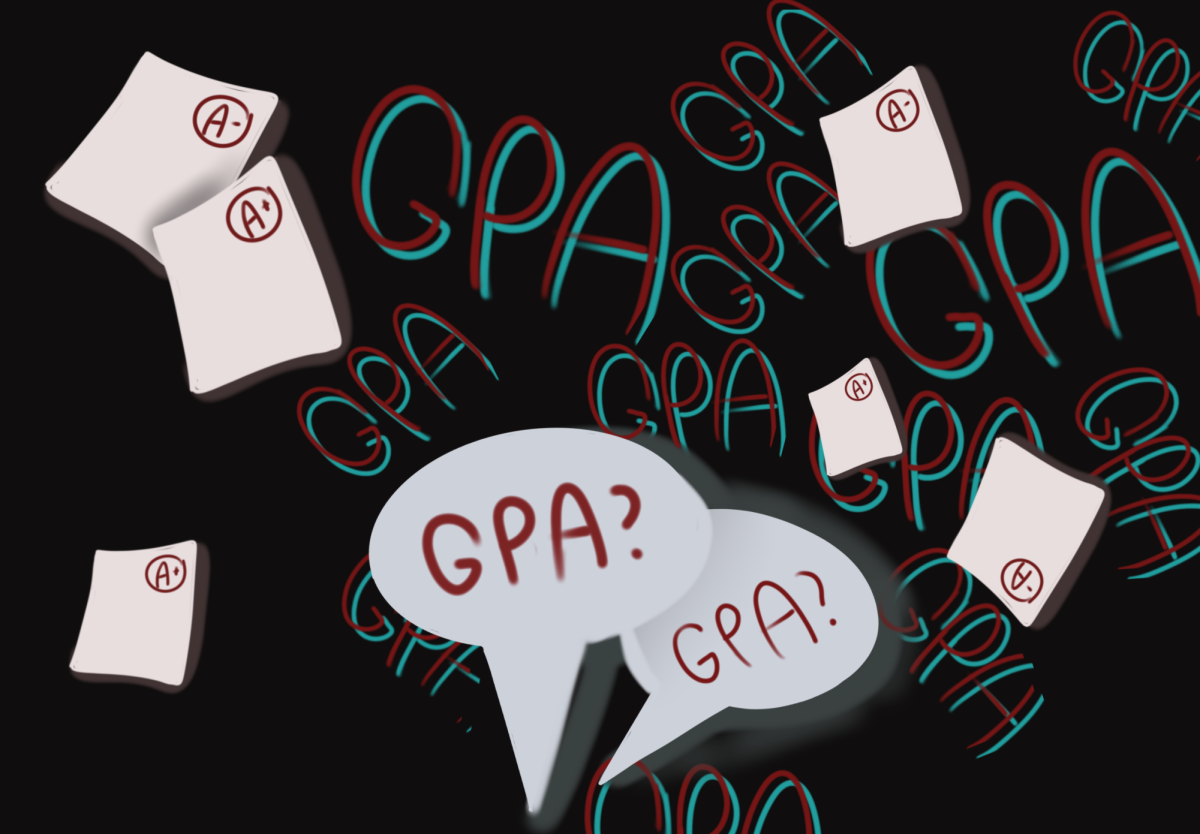Question: Should I Hire a Private College Counselor?
Ethan Song ’24
Editor-in-Chief
Answer: not if you’re at Loomis.
I like to compare private college counseling to performance-enhancing drugs (PEDs). Hiring a counselor won’t make a 2.0 GPA student Ivy League material, much in the same way that PEDs won’t turn your average Joe into the next Muhammad Ali. They did, however, turn Lance Armstrong into an Olympic champion.
And just like doping in the sports world, private college counselors are as popular as they are taboo: though many, many people hire them for an invaluable competitive edge, many less admit to it.
Don’t just take my word for it though. Industry market research firm IBISWorld estimates that the private college consulting market size is about $2.9 billion dollars as of 2023 — a noticeable jump from the $1.9 billion it was worth just under a decade ago. Further, marketing firm Lipman Hearne reported that, of a surveyed 1,264 high school students who scored in the top 70th percentile of the SAT or ACT, 26% of those students had a private college counselor. When considering that there’s nothing stopping people from simply lying on a survey, that 26% merely represents the percent of students who admitted to using a private college counselor. Not every teen (or parent) wants to admit to such a thing. With talks about the unfair advantages the wealthy have in college admissions (along with the Varsity Blues scandal still sitting in the back of the public’s mind), there’s a reason why private college counseling is so taboo. Especially for families who pay hefty tuition bills for a school that already offers a robust, heavily advertised, college guidance system that is quite literally built into its 5-figure tuition. Sound familiar?
To the underclassmen about to go through the crucible (and to the seniors unhappy with their early decision results), it’s easy to be skeptical of the office’s effectiveness. It’s hard to simply put aside your feelings and conclude, logically, that a college counselor is “good” or “bad,” and if our office “works” or not. This is especially true because college decisions is just one of those things that’s almost entirely results-based, as Director of College Guidance Mr. David Rion corroborated in an interview.
I interviewed Mr. Rion to get a better sense of what the college office is and how it works. Even as a senior who’s done with college apps, I admit that, until recently, I didn’t know much about the college office: what its goals are, how it operates, and so on.
For starters, all counselors come to Loomis with extensive experience in counseling. Some previously served on college admissions committees, and Mr. Rion is no exception. Originally an admissions officer at Boston University and Pomona College (among others), he came to Loomis after an 8-year stint at Sonoma Academy — a private college prep school situated in Santa Rosa, California. The difference in support that the schools could offer was, to him, night-and-day.
“When I was at Sonoma, I was the only counselor for [a class of] 60 people,” said Mr. Rion.
In contrast, each of our counselors keep track of around a total of 35-40 juniors and seniors. I know, that still sounds like a lot. But when you think of it in terms of writing 20 recommendation letters and building 20 college lists versus writing 60 letters and building 60 lists, the difference is obvious.
And sure, you can argue that private counselors can give more attention to their clients since they probably don’t have to worry about 30 other clients. But this isn’t even always true. For example, one anonymous private counselor I interviewed said that they currently have somewhere around twenty seniors. Twenty seniors whose parents pay upwards of $500 for a one-hour consultation. And how much does it cost to schedule a one-hour consultation with your LC counselor? Exactly zero dollars.
Costs and actual college admissions experience aside, another significant advantage that our office has over most private consultants is that they’re an office, not just a 1 or 2-man-band. Many hands make light work — many minds make good decisions.
“We’ve built a good team of professionals who have different perspectives [and] share those different perspectives. We are really collaborative,” Mr. Rion said.
Mr. Rion also gave one example that stuck out to me.
When a counselor tells a student “hey, your college list needs some tweaking,” it’s not just that counselor’s opinion. They’ve probably talked to other counselors, or even met with the entire department to go over their list. They don’t just ask it as a quick one-off question, though; counselors might spend 15 minutes discussing something as mundane (but important) as adding 2 more likely schools to a specific student’s college list.
This still leaves the big question: why do LC students hire private counselors in the first place?
A valid question. And yes, Loomis students hire private counselors. It’s no secret that colleges are getting harder and harder to get into. And if you can afford to throw money at a problem until it’s solved, then why not? With Loomis almost entirely made up of wealthy families, it’s impossible that nobody here has a private counselor. There are a few reasons why this is the case.
If you’re friends with a decent number of international students, you may notice that a number of them have a private counselor back home. A probable reason for this is that, for parents who cannot speak English very well, it’s hard to communicate with their child’s counselor. College applications are a stressful thing, so it makes sense that parents want to know how their kid is being supported. Sometimes, the only way they can have some control over the situation is to hire a counselor. Is this necessary? No, not at all. “The nuts and bolts of applying to college,” said Mr. Rion, “is pretty much the same for domestic and international students.”
Another reason is that sometimes families think their kid needs more support. It’s like hiring a tutor. You can email your English teacher all you want, but if they can’t find the time to meet with you, they just can’t meet with you. Then again, as a student who has been fairly busy his entire high school life, I can say that I’ve never really had issues with teachers not giving enough support. My counselors have also always had ample time to meet with me. After all, their only job is to be a counselor. Unlike some of our peer schools, our counselors don’t teach, and they don’t have many other duties. Most of their time and energy is focused on counseling; a fact that all tour guides know by heart.
The final reason is that parents and students aren’t fully aware of how much support they really get. Don’t worry — the college office agrees that this isn’t entirely your fault.
“We could do a better job of explaining what we do,” admitted Mr. Rion. “I think our office could market ourselves a little bit to all of our parents so they understand that all the stuff someone else can do, we can do; except for like, coming to your kitchen table and having the meeting at your house.”
“Sometimes parents [ask], will you look at [my child’s] essays, do you do that? We’re like: of course we do that. That’s a huge part of our job: looking at their essays and looking at their common app.”
So: if you or your child has the discipline to set up meetings and has a real motivation to go to college, you don’t need a private counselor. And if you hire one to make up for a lack of either, trust me: private college counselors aren’t the silver bullet you’re looking for.





